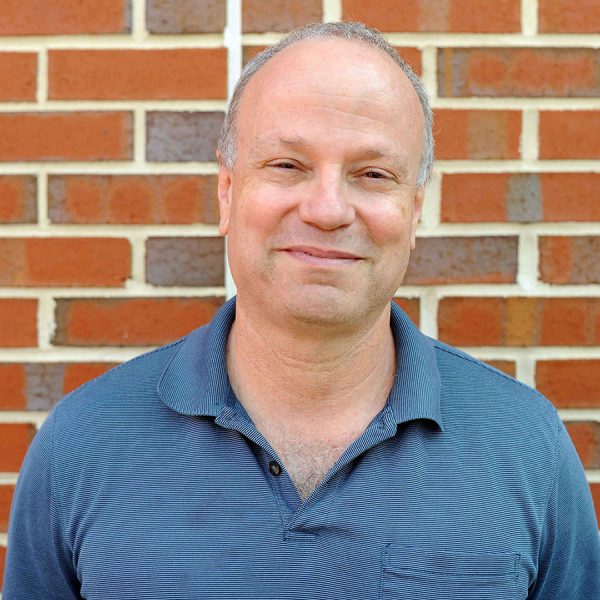
A Florida State University researcher is working to make computer processors execute applications in a more energy-efficient manner with the help of a new $1.2 million grant from the National Science Foundation.
“The general goal is to increase performance but to do it in a manner that is more energy efficient than the dominant computer processors that are in use today,” Professor of Computer Science David Whalley said.
To do that, Whalley and his colleague Soner Onder, a professor at Michigan Technological University, hope to more efficiently exploit what’s called instruction-level parallelism, or the ability of a computer to simultaneously execute multiple machine instructions.
System software called a compiler translates an application written in a high-level language to machine instructions that can be executed by a computer processor. The dominant type of processors today are OoO (Out-of-Order) processors, which use hardware to dynamically detect dependencies between instructions to attempt to select instructions that can be simultaneously executed. In contrast, a VLIW (Very Long Instruction Word) processor requires that a compiler package instructions together that are independent of each other and can be executed in parallel, which simplifies the processor.
“In general, VLIW processors are more energy efficient but cannot approach the performance of OoO processors except in limited domains, such as digital signal processing,” Whalley said.
Whalley’s project, called SCALE for Statically Controlled Asynchronous Lane Execution, is designed to overcome these current limitations. SCALE supports separate execution lanes, so that instructions in separate lanes can execute in parallel and dependencies between instructions in different lanes are identified by the compiler to synchronize these lanes when necessary.
“Providing distinct lanes of instructions allows the compiler to generate code for different modes of execution to adapt to the type of parallelism that is available at each point within an application,” Whalley said.
The grant began this fall and will run through August 2023. Half of the funding will come to Florida State, with the other half supporting Onder’s part of the work at Michigan Technological University. The FSU portion will support two graduate students in computer science.




